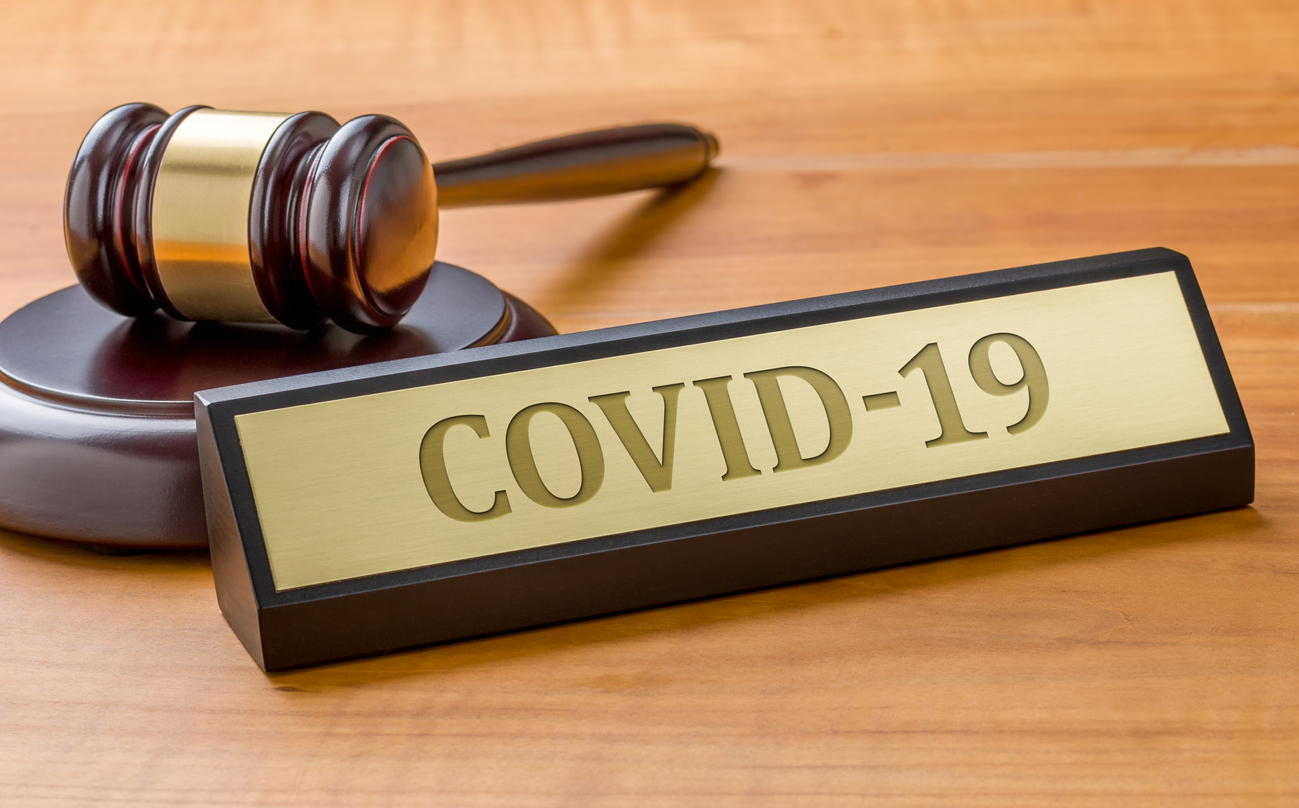Recently, there was an article in the USA Today titled, “States fight back on shady ‘storm chaser’ contractors.” The article pointed out the concerns that some states have with dishonest contractors approaching homeowners a day or two after a major disaster has struck the area. The article stated,
In the aftermath of a violent storm, homeowners anxious to get repair work underway can be vulnerable to aggressive contractors who known on their doors offering quick, costly deals. . . .
The article seems to have a slanted view of contractors who approach homeowners after a major disaster, but concedes “[n]ot all contractors who arrive quickly on the scene after a storm are dishonest.”
Slant or not, the article raises an important point – when faced with a loss to your home or building, you likely do not want to sign a contract with a contractor without first speaking to your insurance company. For those who are unfamiliar with the insurance claims process, or for those too overwhelmed by the situation in general, hiring a public adjuster can prove extremely helpful as they know how insurance companies work and can ensure that your rights under the insurance contract are protected.
If you are compelled to enter into a contract quickly, be sure to use due diligence in determining whether the contractor is legitimate. Contractors who promise to negotiate directly with your insurance company or who claim they will be paid by your insurance company are probably best avoided. Check for proper licenses from your state and, of course, avoid paying with cash – at least until the job is completed. Not only does this help avoid scamming contractors, it also will assist down the road when dealing with your insurance company. Your insurer will likely request documentation that you actually paid for the work performed to your house. If you paid with a check or credit card, you can easily find that documentation. If you paid with cash, the documentation may be more difficult to come by.
All in all, use common sense and, while it is easier said than done, try your best to make sound decisions even in the face of disaster. Emotional decisions are rarely good ones. If you are like most homeowners when their home is damaged, you may have a particularly difficult time keeping emotion out of it. This, as mentioned before, is when a public adjuster may be worth their weight in gold. They can handle many of the issues you have and help you make sound unemotional decisions so that you can get your home back as quickly as possible.


